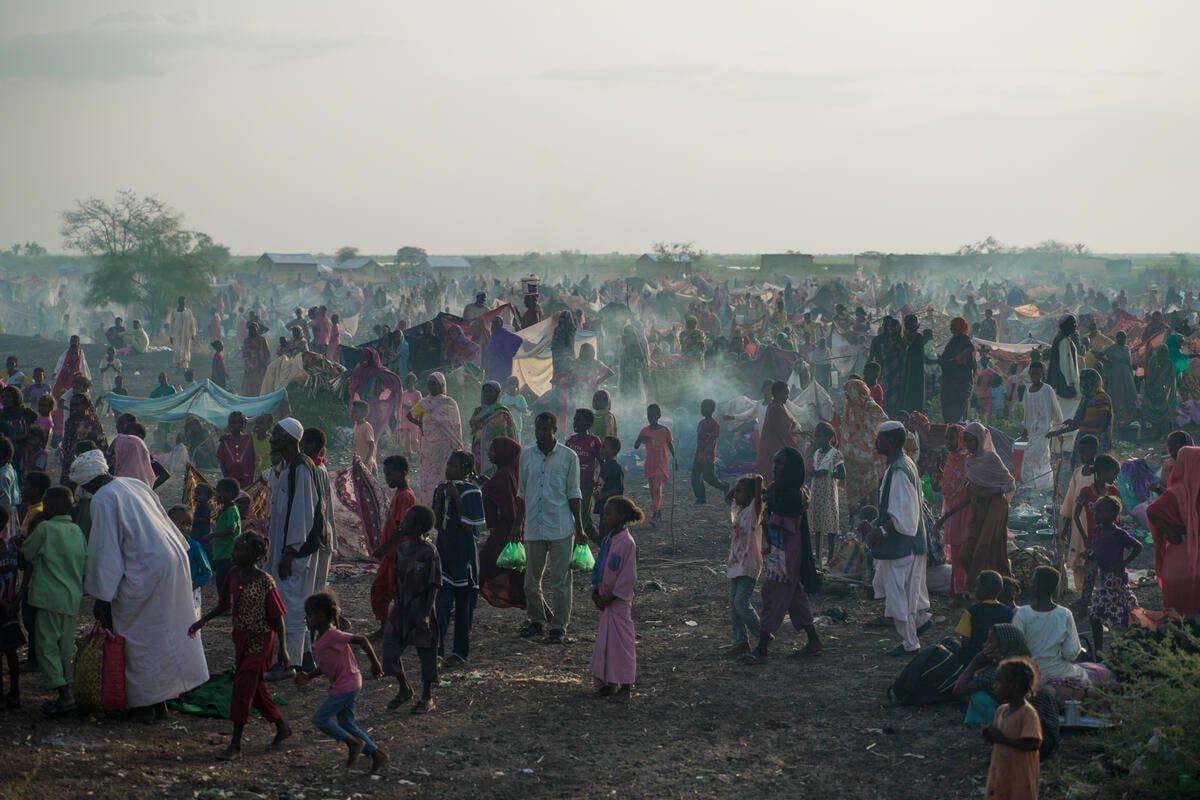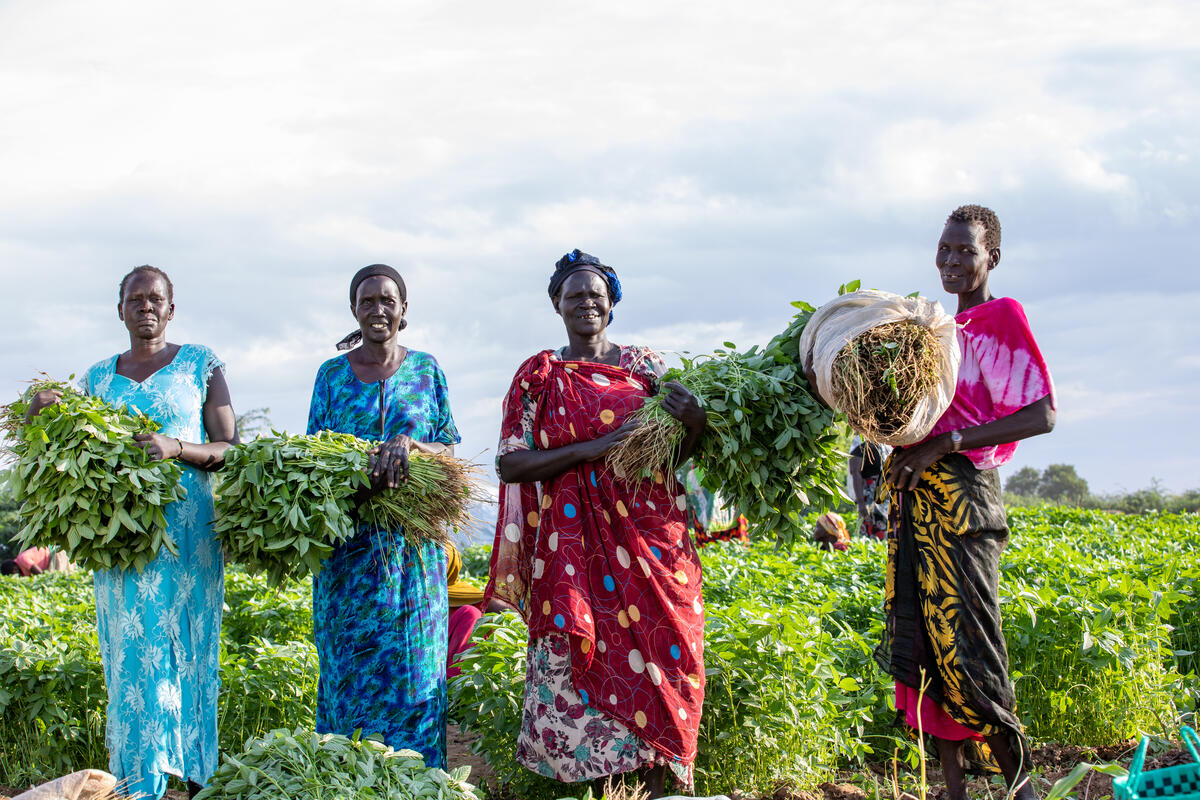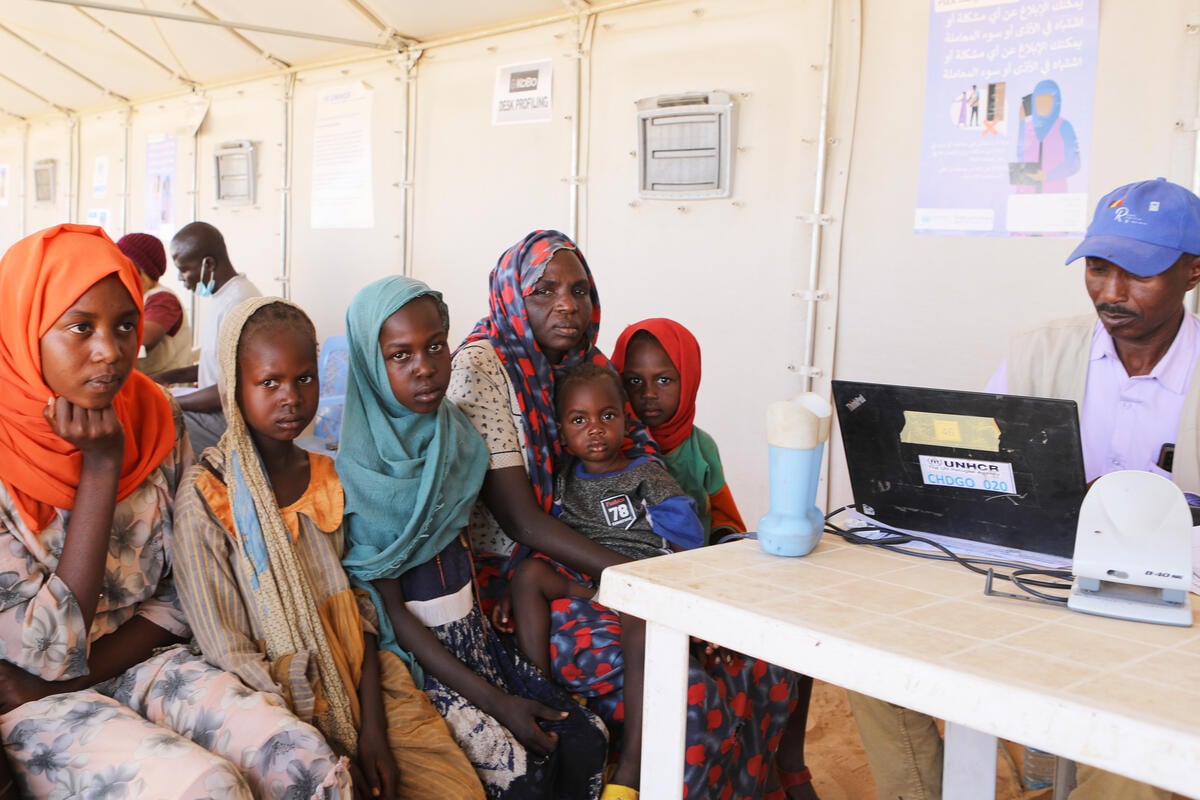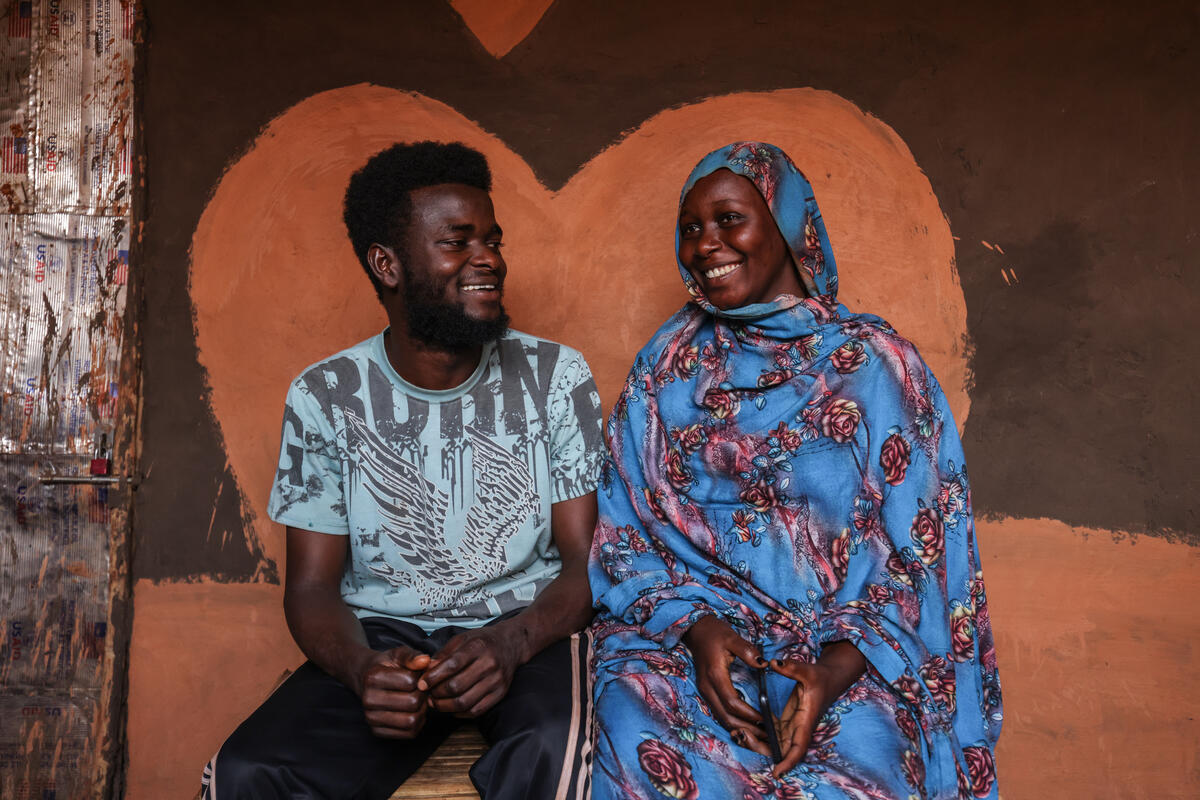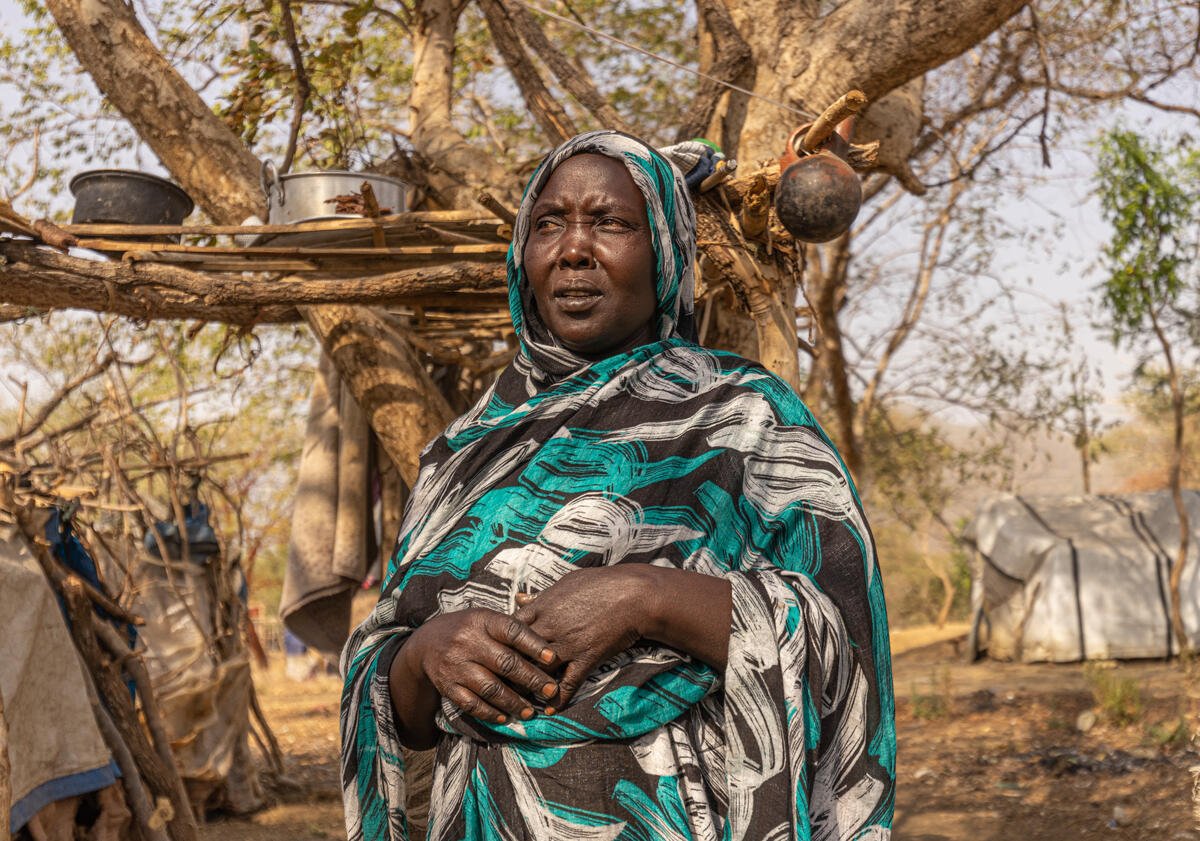Sudan/Eritrea tensions put Eritrean repatriation on hold
Sudan/Eritrea tensions put Eritrean repatriation on hold

KHARTOUM, Sudan, October 8 (UNHCR) - Thousands of Eritrean refugees in Sudan are in limbo as recent tensions between the two countries have put their repatriation on hold just months before their refugee status comes to an end.
The UN refugee agency had originally planned to resume return convoys to Eritrea on Saturday, Oct 5, after a temporary break in June due to the rainy season. It had organised 16 trucks to restart the voluntary repatriation of Eritrean refugees living in and around the towns of Kassala and Showak in eastern Sudan.
But last week, rebels believed to be from the Sudan People's Liberation Army (SPLA) attacked the towns of Homoshakarieb and Sholalab, north-east of Kassala. Sudan accused Eritrea of allowing the rebels to pass through their territory to launch the attack, an allegation the Eritrean government immediately rejected. The border was subsequently closed, and UNHCR was forced to suspend its plans to restart the return movement.
The refugee agency was also asked to stop information campaigns currently underway in several camps in the area. Since Friday, Sudan has expelled 10 Eritrean government officials from the ministry that handles refugee/returnee matters. Five were asked to leave Gedaref state on Monday, while another five who were in Kassala state were expelled on Friday. The Eritrean government officials have been working with UNHCR on information campaigns in the camps and on registration of refugees who wish to return home.
Over the weekend, restrictions were imposed on the movement of UNHCR staff in eastern Sudan, but they have now been lifted. The refugee agency has resumed registration for return in camps and in urban centres.
The recent developments will set back UNHCR's plans to assist the voluntary return of more than 100,000 refugees still living in camps in eastern Sudan. It is the oldest large-scale refugee situation in the world with which the UN refugee agency is involved.
In May this year, UNHCR declared the cessation of refugee status for Eritreans as of year's end. By then, many of those still living in Sudan will cease to be considered as refugees due to the fact that the original reasons for their flight - Eritrea's war of liberation and a subsequent conflict with Ethiopia - are no longer valid. Those wishing to remain in Sudan must apply for an alternative status or present any claims for continued asylum to a joint UNHCR/Government of Sudan panel for review.
Since the return movement started in May 2001, UNHCR has facilitated the repatriation of more than 50,000 camp-based refugees. However, more than 100,000 still remain in camps and several thousand more in urban centres.


